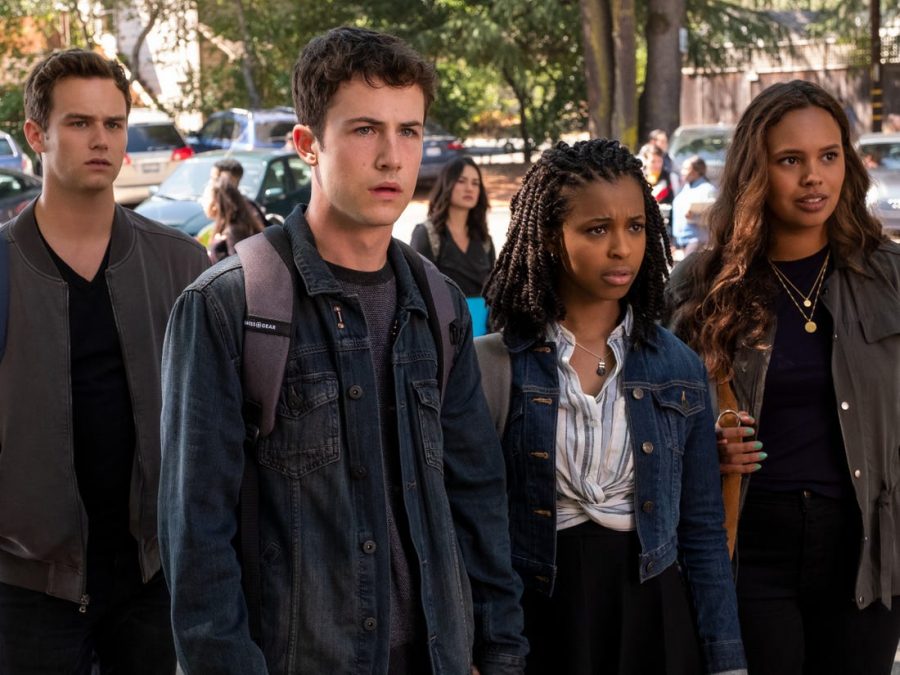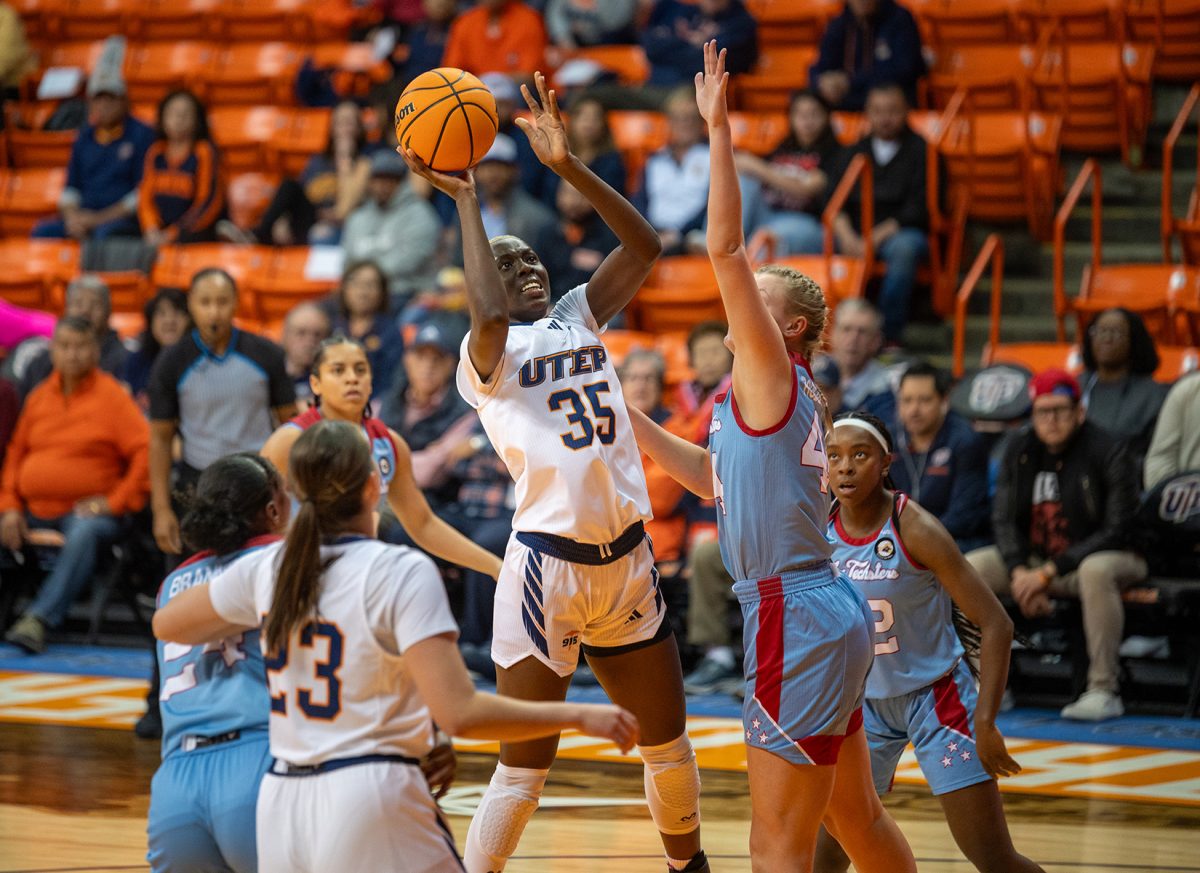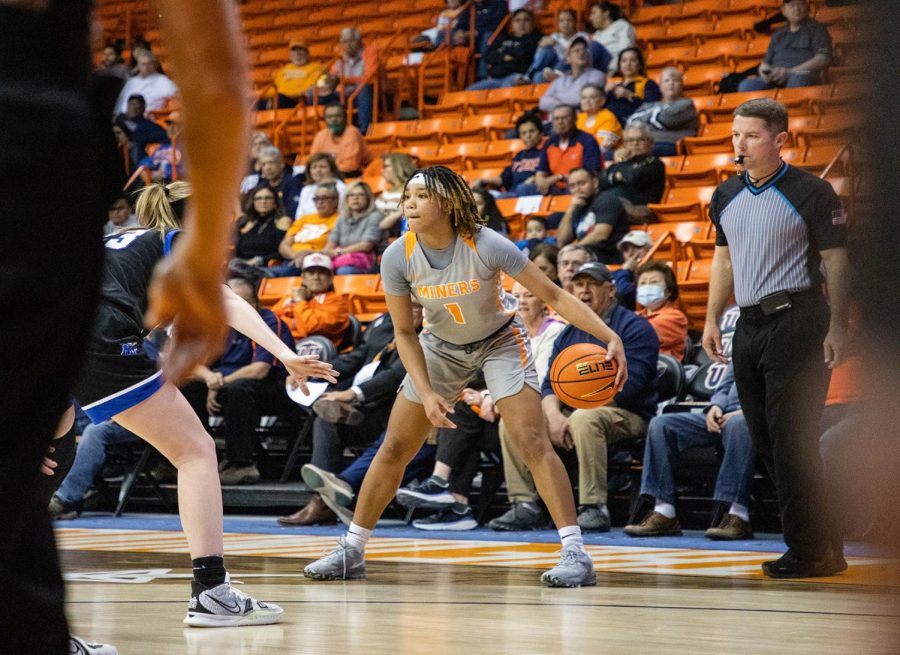Netflix‘s controversial original series “13 Reasons Why” released its final season June 5. The closing chapter of the series, based on the bestselling book by Jay Asher, depicts numerous issues that are common in society today.
Warning: This article holds spoilers for season four of “13 Reasons Why”
First released on the streaming service in 2017, “13 Reasons Why” has been met with criticism throughout its seasons due to its graphic accounts of suicide, sexual assault and other tragic events.
The show begins in season one with a young female teenager named Hannah Baker, played by Katherine Langford, who attends the fictional Liberty High School. Baker’s tragic suicide is centralized and the reasoning behind it is revealed in a series of cassette tapes she recorded herself. Each tape is addressed to different people, and they are released to them throughout the season.
Baker‘s suicide, which was shown at the end of season one, was later removed by Netflix in July 2019, and strong advisory warnings are displayed before the ninth, twelfth, and thirteenth episodes of season one due to the act of sexual assault being shown.
Throughout the first three seasons of the series, several current societal issues affecting youth, such as suicide, sexual assault, bullying, steroid use and school shootings, are displayed through various subplots and characters.
Clay Jensen, played by Dylan Minnette, is the main character in the series. The show depicts his struggle with mental health, anxiety and depression. In season four, those struggles become clear as he tries to heal the wounds of his past and improve for his future through sessions with his therapist played by Gary Sinise.
Jensen is a part of a tight–knit group of friends at Liberty High School whose bond is strengthened through many secrets tied to covering up a murder, an attempted school shooting and various other incidents.
In season four, the scars of the group’s misdeeds are quite clear. Chief among these actions was placing the blame on Montgomery De La Cruz played by Timothy Granaderos for the death of his friend Bryce Walker.
Several new characters play an integral role in season four such as Winston Williams, played by Deaken Bluman. He is a former lover to the closeted De La Cruz and knows he is not the culprit to Walker‘s murder due to both being in the same location the night of the crime.
Both Williams and Diego Torres, played by Jan Luis Castellanos, plan to uncover Jensen’s group‘s actions and jeopardize their future.
Jensen narrates every episode of season four through his sessions with Allman. Each member of the group navigates through their senior year of high school with class president Jessica Davis, played by Alisha Boe, and Justin Foley, played by Brandon Flynn. The latter is Clay‘s adopted brother and recovering drug addict, one of the forefronts of the season.
An event of season four, which occurred in the series finale, was met with high criticism; Foley died due to AIDS (Acquired Immunodeficiency Syndrome) days after contracting HIV (Human Immunodeficiency Virus).
It is suggested that Foley may have contracted HIV while injecting drugs or his time as a sex worker. Many critics felt that Foley‘s death is not realistic today as it takes years for HIV to progress to AIDS.
Due to Foley’s character arc of a runaway teen that becomes a drug addict who eventually cleans himself up, it is hard watching his character struggle for breath and eventually die in a scene that will leave many in tears.
Critics also felt that Foley‘s death sets back the success of scientists’ progress in response to HIV and that living with HIV is no longer a death sentence (https://qnews.com.au/netflixs-13-reasons-why-slammed-for-irresponsible-aids-storyline/).
The scene in which Jensen and Foley speak for the final time is emotional, as Foley asks Jensen to hold his hand. When Jensen states that he “does not know how to do this,“ referring to how to say goodbye. Foley tells him that he is doing great and share their emotional farewell. Davis also says goodbye, telling Foley that he taught her how to love.
At the class‘s graduation in the series finale, Jensen delivers a persuasive and emotional speech. He tells the crowd his personal struggles and loss of close friends. Further speaking, he tells of the terrifying reality for high school students today living with constant fear of going to high school.
A show that will be remembered for its accounts of many issues and notable performances, “13 Reasons Why” is a series that touched on matters that need to be talked about and will leave an impact on viewers.
Season 4 rating: 4/5
Isaiah Ramirez may be reached at [email protected]
















